
The History of Online Communities & Social Networking
The history of online communities is an interesting journey of how people have used technology to connect, communicate, and collaborate over time. What began as simple online forums and bulletin board systems in the early days of the internet has grown into a complex web of social networking platforms and digital spaces where millions interact daily. These communities have completely transformed how we build relationships, share knowledge, and create a sense of belonging in the digital world.
According to the International Telecommunication Union (ITU), approximately 5.3 billion people were using the internet globally in 2022. From niche hobby groups to large-scale learning platforms and professional networks, online communities now play a central role in our everyday lives.
In this post, we’ll explore the full evolution of online communities. From early digital communication tools to today’s advanced platforms like Facebook Groups, Reddit, and community-based learning systems. So, let’s check out the history of online communities and see how far we’ve come.
The Early Days: Bulletin Board Systems (BBS) and Usenet (1970s – 1980s)
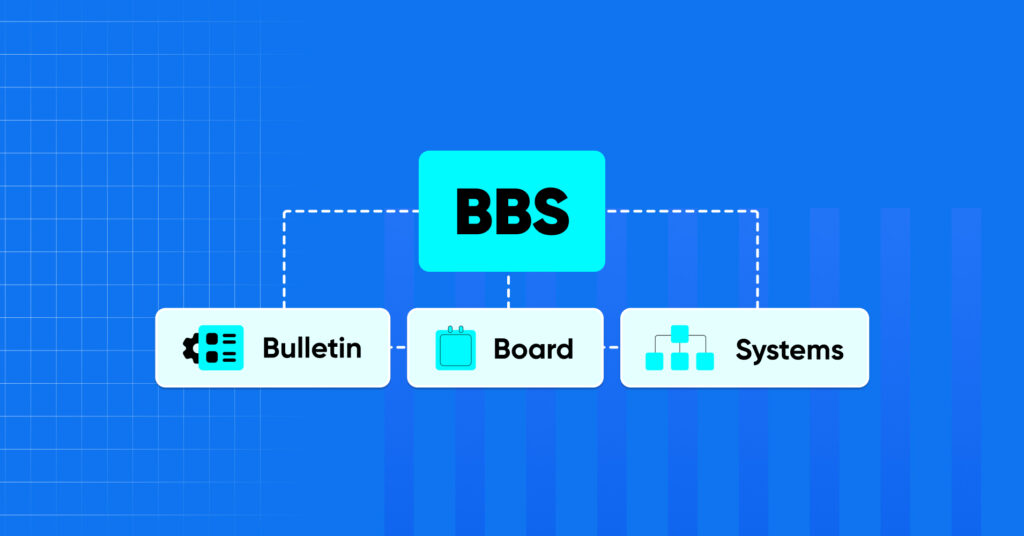
The concept of online communities began in the late 1970s and early 1980s with Bulletin Board Systems (BBS). BBS platforms allowed users to connect via dial-up modems, share files, post messages, and engage in discussions. These text-based platforms were the foundation of digital communication and provided one of the first glimpses into community-building online.
Similarly, Usenet, developed in 1980, allowed users to post articles in categorized newsgroups. It was a precursor to modern forums, enabling threaded discussions on various topics. Though primitive by today’s standards, BBS and Usenet fostered a sense of belonging and engagement among early internet users.
The Rise of Forums and Chat Rooms (1990s)
As the internet became more accessible in the 1990s, online forums and chat rooms emerged. Platforms like AOL, IRC (Internet Relay Chat), and Yahoo! Chat allowed people to communicate in real-time. These platforms provided spaces for individuals to gather based on shared interests, hobbies, or professions.
Message boards and forums like Reddit’s predecessors, phpBB and vBulletin, became popular for in-depth discussions. These platforms were categorized by topics, enabling users to engage in long-form conversations and build tight-knit communities.
The Birth of Social Networking Sites (Late 1990s – Early 2000s)
The late 1990s saw the birth of the first social networking sites. SixDegrees.com, launched in 1997, was among the first platforms to let users create profiles, list friends, and make connections. Although it eventually shut down, it laid the groundwork for future platforms.
Friendster (2002), MySpace (2003), and LinkedIn (2003) followed, each introducing innovative ways to connect and share. MySpace allowed users to customize profiles and share music, while LinkedIn catered to professional networking. These platforms expanded the concept of online identity and networking.
The Era of Facebook and Mainstream Social Media (Mid-2000s)
Facebook’s launch in 2004 marked a turning point in social networking. Initially exclusive to college students, it quickly expanded to a global audience. Facebook introduced features like the News Feed, Likes, and Groups, revolutionizing how people connected and shared content.
Other platforms like Twitter (2006), Instagram (2010), and Snapchat (2011) diversified the social media landscape. Each brought unique ways of interaction, from microblogging to photo and video sharing, fostering new forms of online communities.
The Evolution of Niche Communities and Platforms (2010s)
As social networking matured, niche communities gained prominence. Platforms like Reddit, Discord, and Slack provided spaces for focused discussions and interest-based communities. These platforms allowed for more intimate and specialized interactions compared to broader social networks.
Additionally, private Facebook Groups and LinkedIn communities enabled professionals and hobbyists to gather around specific interests. The rise of influencer culture also shaped how communities formed around personalities and content creators.
The Modern Landscape and the Future (2020s and Beyond)
Today, social networking is more integrated into daily life than ever. Platforms like TikTok and Clubhouse have introduced new content formats, emphasizing creativity and real-time interaction. Moreover, privacy concerns and platform algorithms have driven users towards more authentic, community-focused spaces.
Decentralized social networks and Web3 communities are also growing, offering users more control over their data and interactions. These developments suggest a future where online communities are more diverse, secure, and user-centric.
Introducing FluentCommunity

FluentCommunity is the ultimate WordPress community and course-building platform, designed to help businesses, creators, and educators build strong online communities. With FluentCommunity, you can:
- Create Private & Public Groups to boost focused discussions.
- Enable User Posts & Activity Feeds to maintain high engagement.
- Run Polls & Surveys to gather instant feedback.
- Use Real-Time Chat to connect with members instantly.
- Boost Engagement with Leaderboards to reward top contributors.
- Monetize with Courses & Memberships to grow your revenue.
Unlike third-party platforms, FluentCommunity gives you full control over your audience, branding, and data, right inside WordPress. Besides, it integrates with FluentCRM, Fluent Forms, and other popular tools to automate your community experience.
Whether you’re building a membership site, a coaching program, or a brand community, FluentCommunity makes it simple, scalable, and fun! So what are you waiting for? Start building your community and e-learning platform today with FluentCommunity.
FluentCommunity is a complete community platform designed for businesses. Download now to create and manage your community.
Conclusion
The journey of online communities and social networking reflects humanity’s desire to connect and share. From the humble beginnings of BBS and Usenet to the vast, interconnected platforms of today, each evolution has shaped how we interact and build relationships online.
As technology continues to advance, online communities will likely become even more personalized, engaging, and integral to our lives. Understanding this evolution helps us appreciate the digital connections we form and anticipate the future of social networking.
What are your thoughts on the evolution of online communities? Share your experiences in the comments below!

Prema Anjum
My full name is Anzuman Ara Chowdhury. But people know me as Prema Anjum. I’m a Digital Marketer by profession, a WordPress community contributor, and a travel enthusiast by heart.
Table of Content
Subscribe To Get
WordPress Guides, Tips, and Tutorials





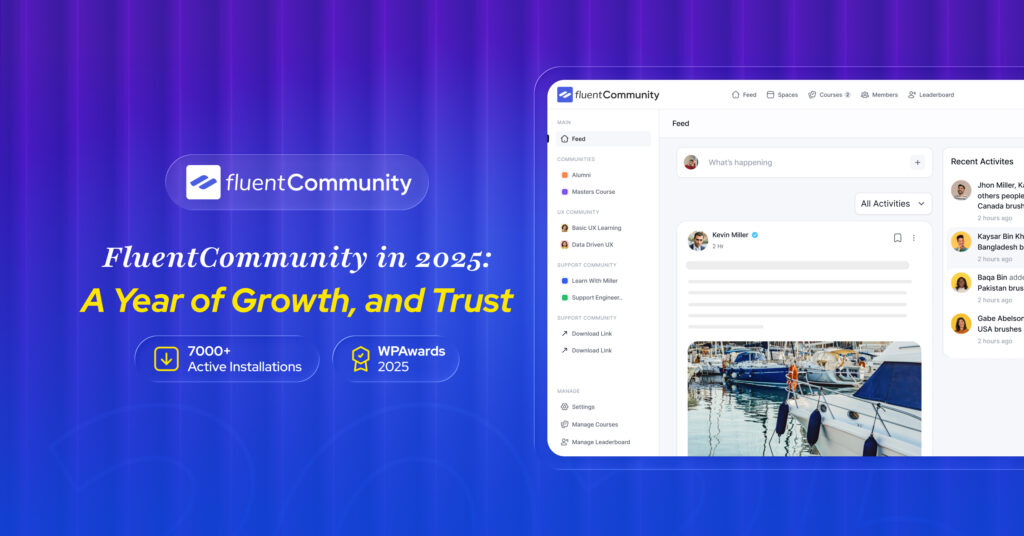


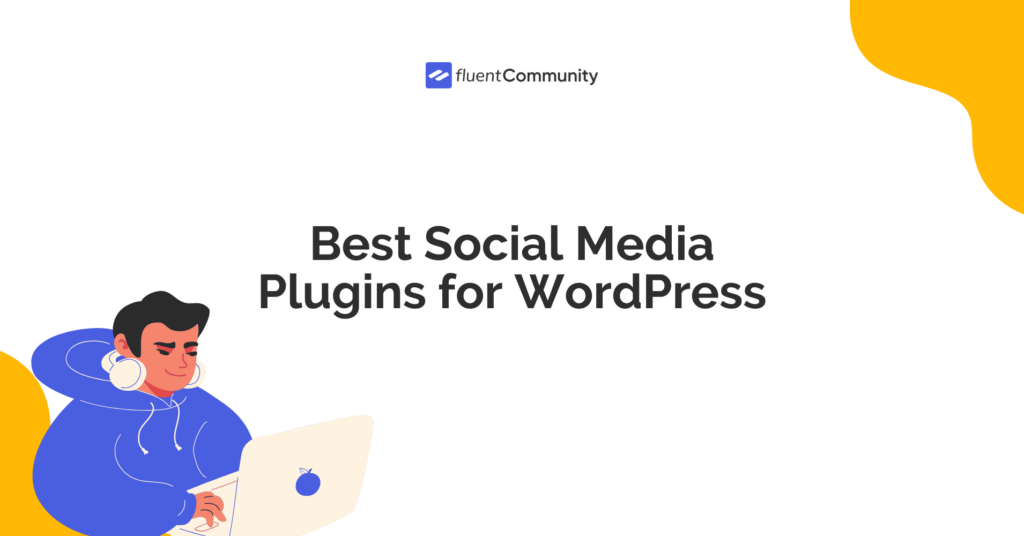
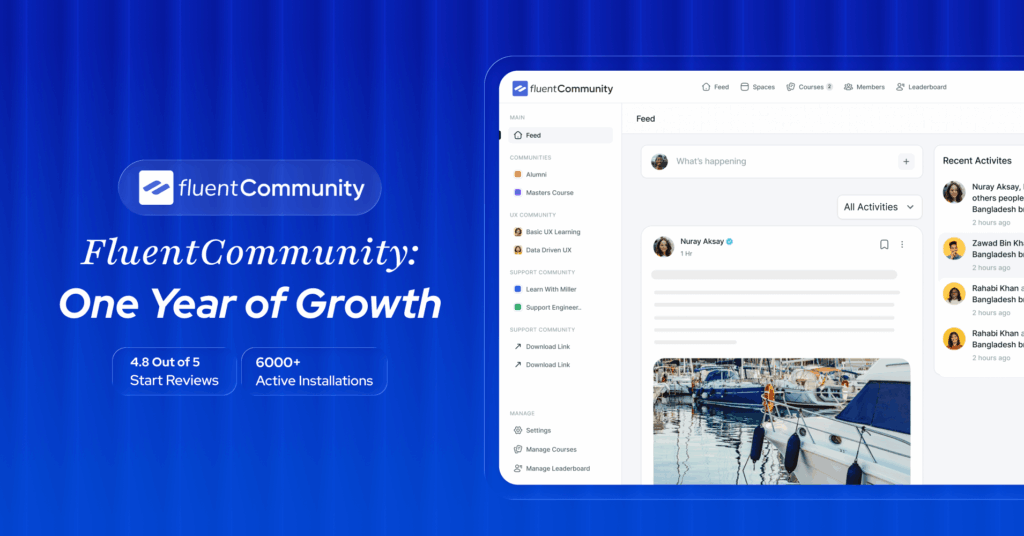
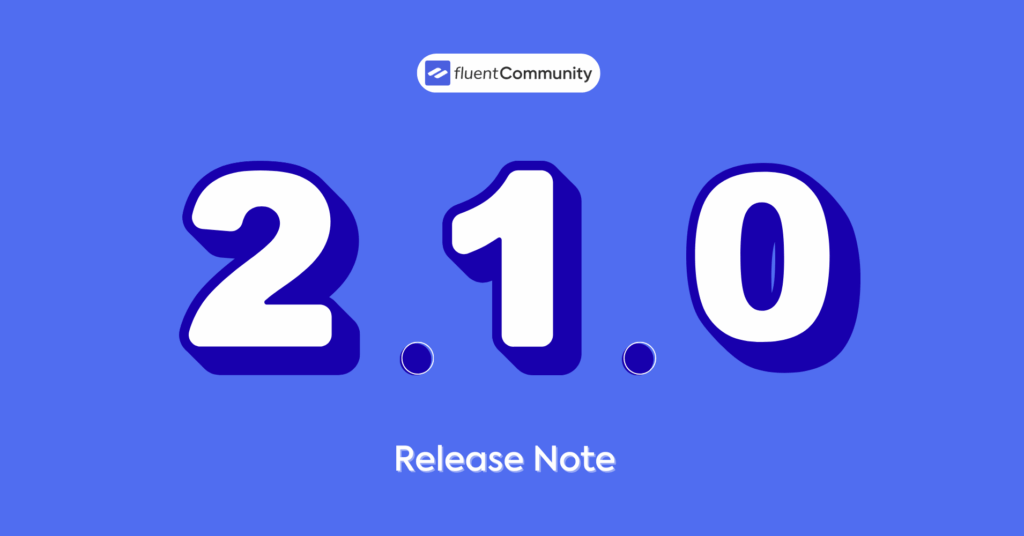
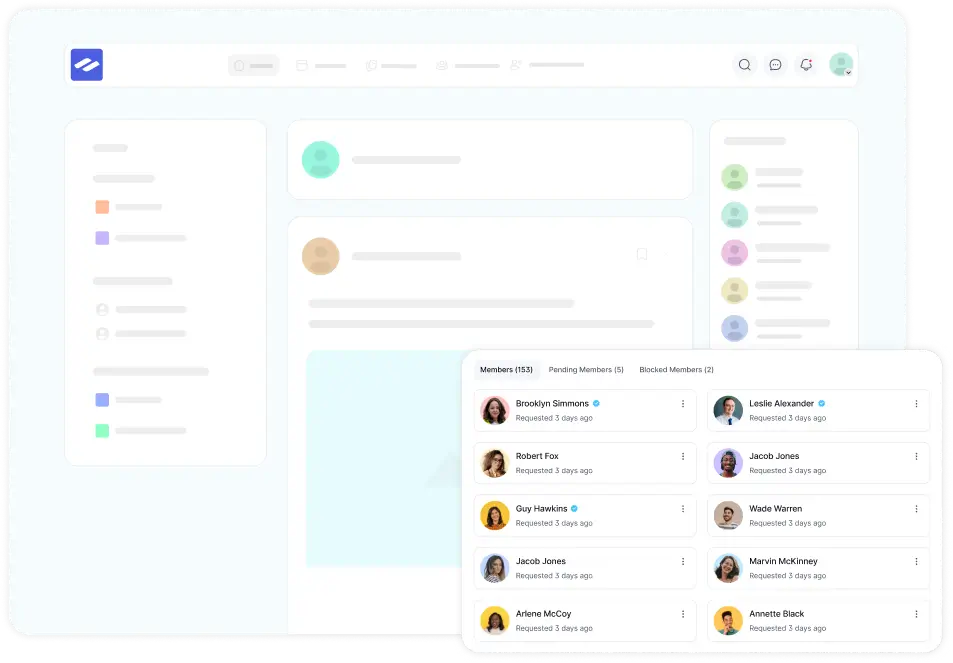
Leave a Reply